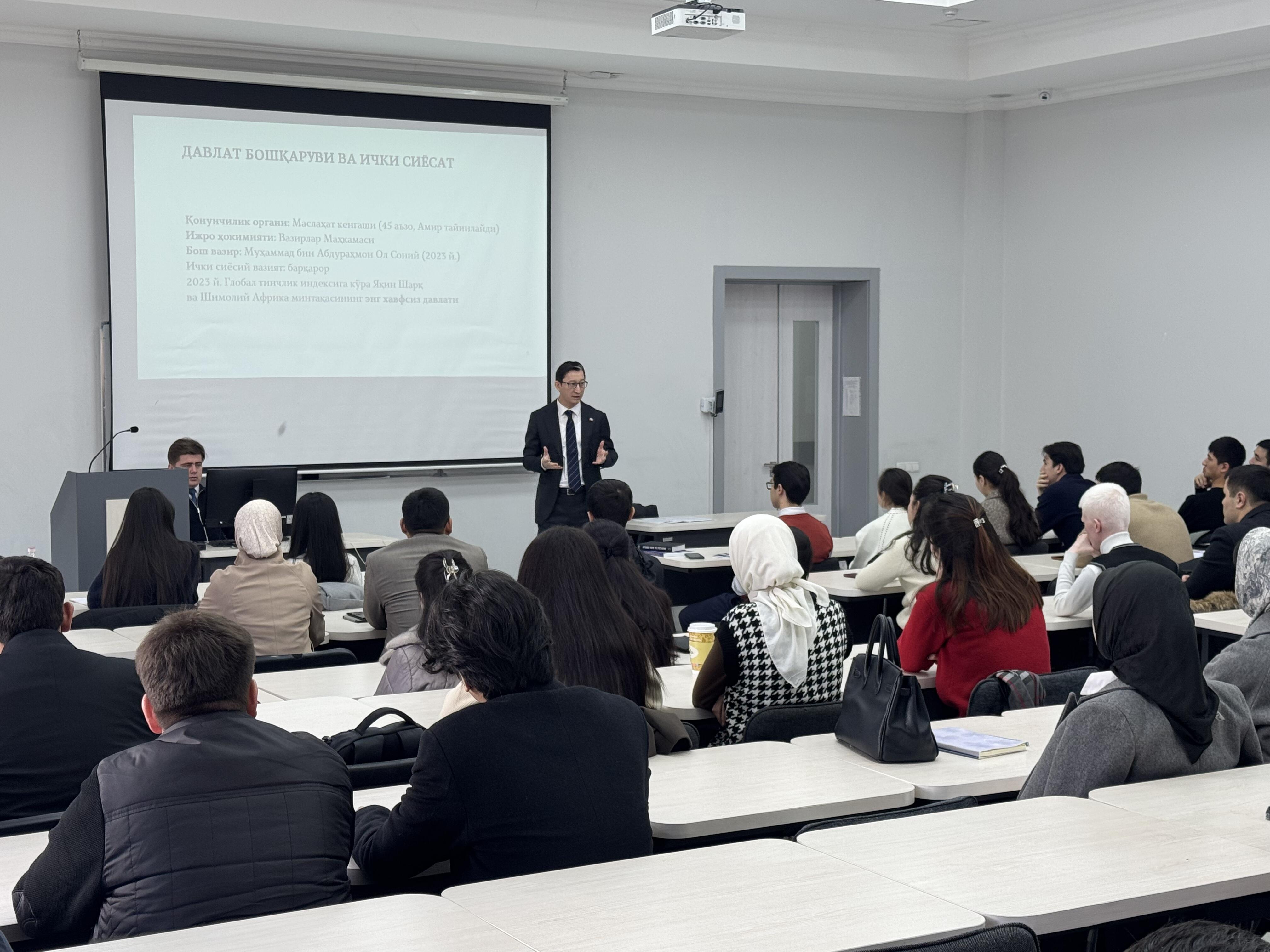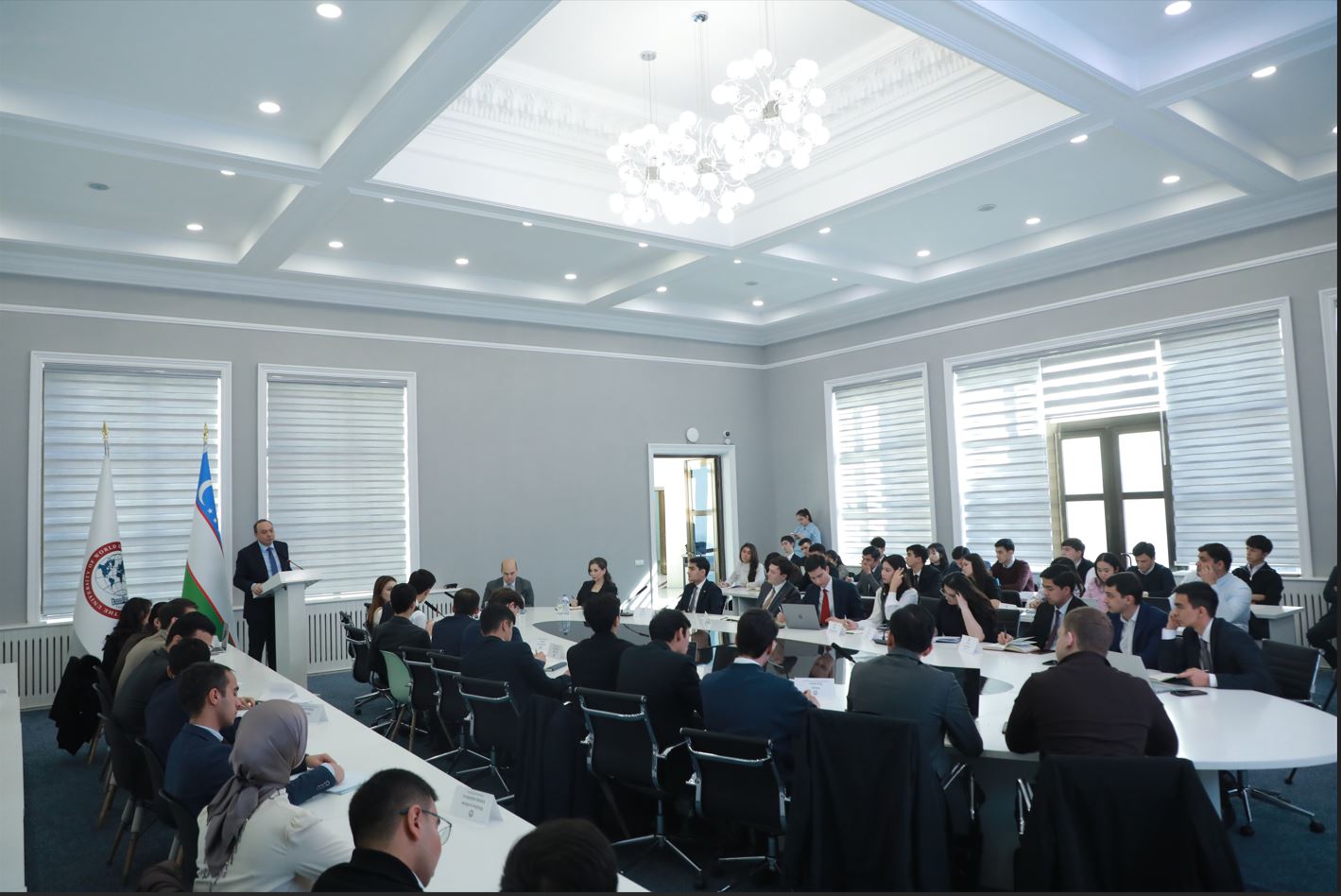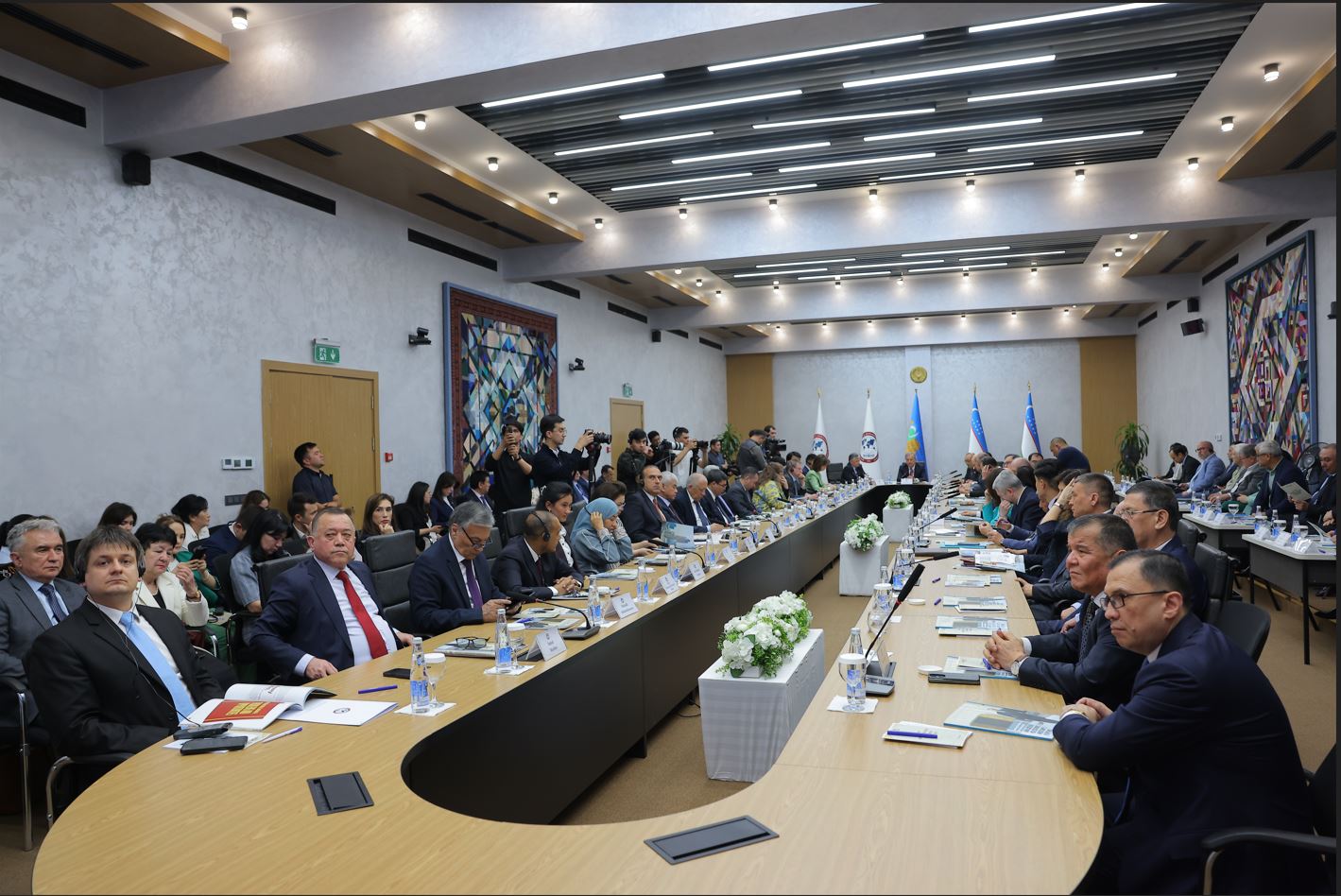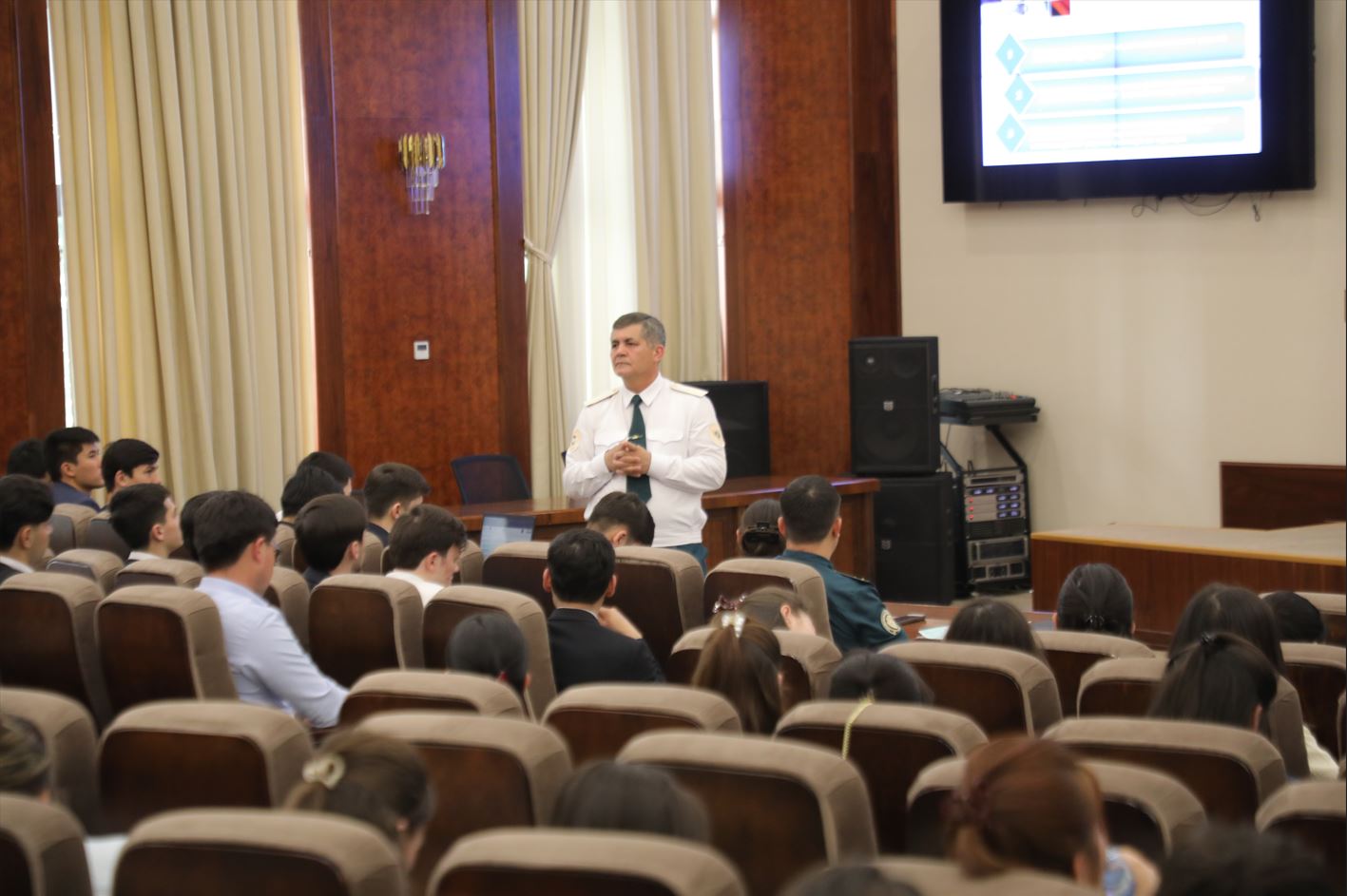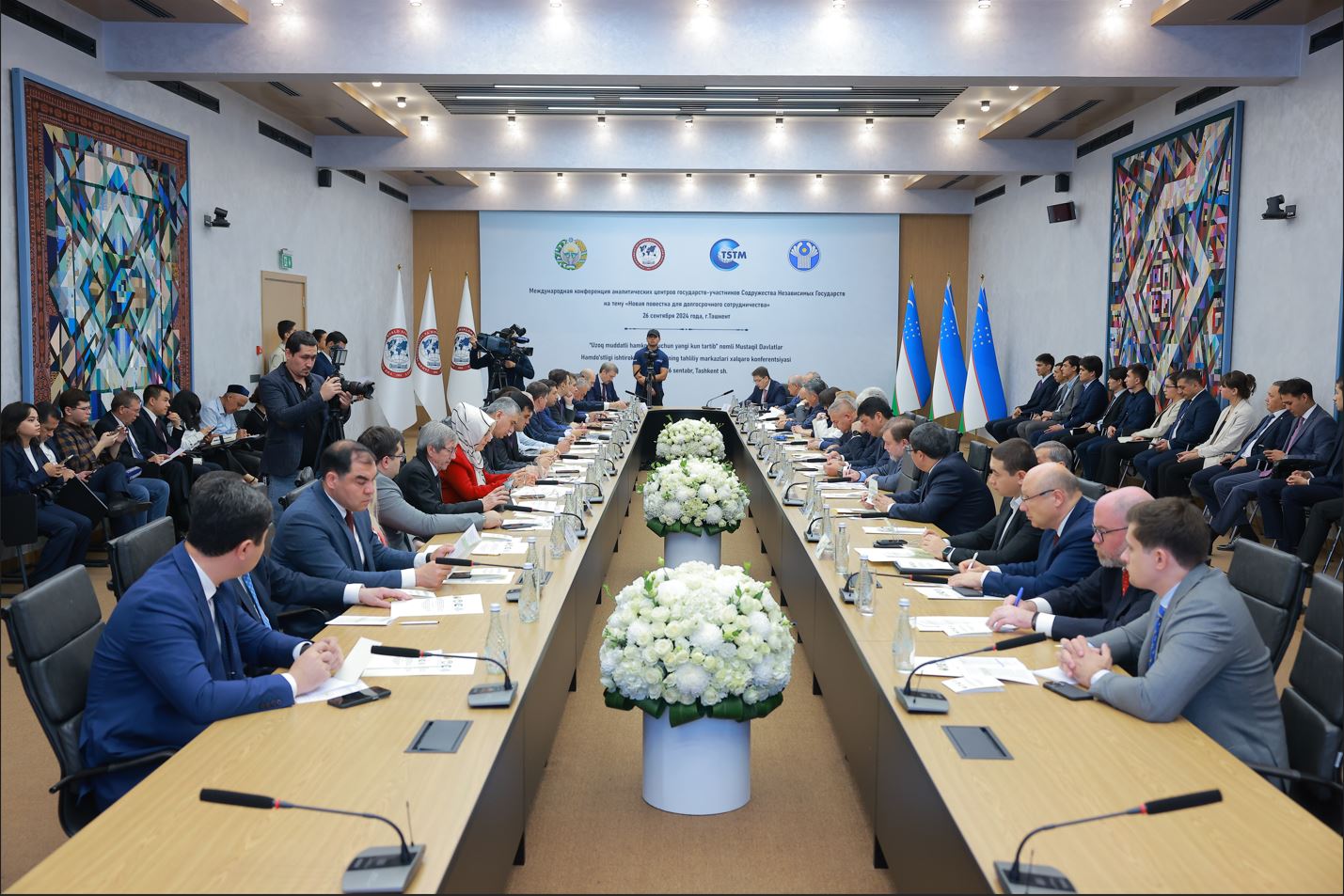
UWED’s Institutional Contribution to SDG Monitoring: Insights from the World Bank Seminar in Oslo
UWED’s Institutional Contribution to SDG Monitoring: Insights from the World Bank Seminar in Oslo
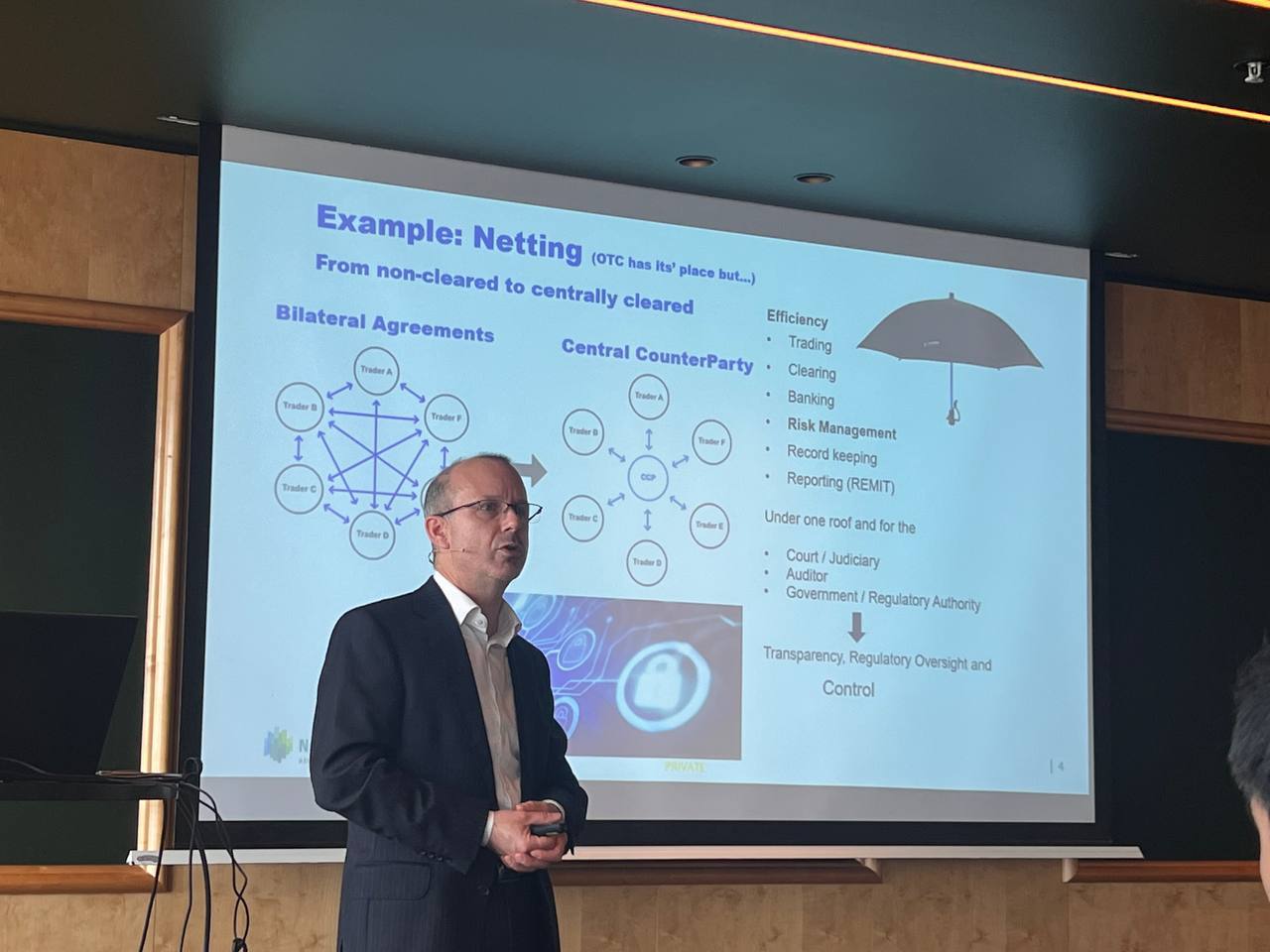
From 23 to 27 September 2024, the University of World Economy and Diplomacy (UWED), through its Centre for Energy Diplomacy and Geopolitics at the Institute of Prospective International Studies, participated in a high-level international seminar hosted by the World Bank in Oslo, Norway. The event was part of a multinational initiative aimed at establishing a regional electricity market in Central Asia, with a strong emphasis on advancing the United Nations Sustainable Development Goals (SDGs), particularly SDG 7 (Affordable and Clean Energy), SDG 13 (Climate Action), and SDG 17 (Partnerships for the Goals).
UWED was formally invited and recognized as an institutional partner in this collaborative effort, underscoring the university’s strategic role in shaping regional energy policy and contributing to global sustainability frameworks. The seminar brought together leading experts, policymakers, and academic institutions from Europe, Africa, and Central Asia to exchange knowledge, develop data-driven monitoring tools, and formulate comparative approaches to energy system integration and climate resilience.
During the seminar, UWED’s delegation presented original analytical models tailored to the specific energy dynamics of Central Asia. These models addressed the integration of renewable energy sources, mechanisms for enhancing system flexibility, and strategies for sustainable energy supply. UWED’s contribution was particularly focused on the development and adaptation of international methodologies for assessing sustainability indicators and implementing digital platforms for SDG monitoring.
The university’s involvement extended beyond academic presentation. UWED actively participated in working sessions dedicated to data exchange, comparative policy analysis, and the co-creation of regional frameworks for energy governance. The data and insights shared by UWED were incorporated into broader discussions on SDG measurement and are expected to inform future collaborative research, policy recommendations, and regional development strategies.
This engagement reflects UWED’s institutional commitment to international cooperation in the collection, analysis, and interpretation of data relevant to the SDGs. It also reinforces the university’s position as a regional leader in energy diplomacy and sustainable development, contributing to the global dialogue on climate action and equitable energy access.
The knowledge and datasets acquired during the seminar are being integrated into UWED’s academic programs and research initiatives, supporting the development of evidence-based recommendations for Uzbekistan’s governmental bodies and partner universities. Through this collaboration, UWED continues to foster a culture of strategic innovation, policy relevance, and global engagement in pursuit of the Sustainable Development Goals.
